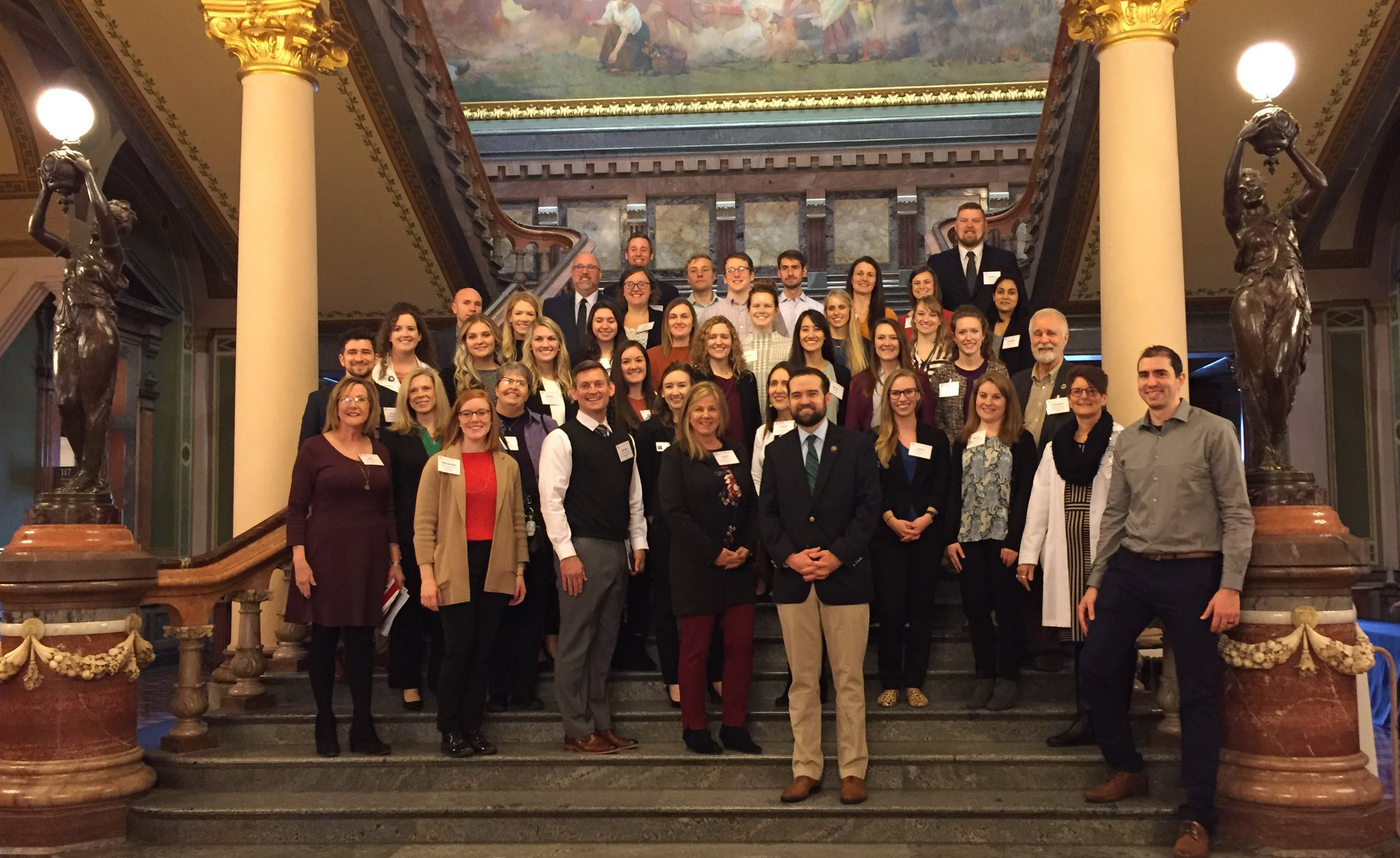
This website uses cookies to improve the functionality and performance of the website, to better understand how you use AAPA’s website and services, and to provide you with a customized experience. By continuing your use of this website, you consent to this use of cookies. See our Privacy Policy for more information.

Iowa PAs will soon be able to provide increased access to healthcare thanks to the enactment of S.F. 2357. This legislation, which was signed into law by Governor Kim Reynolds on March 19, 2020 and becomes effective immediately, makes several changes to the PA practice act and associated rules which remove numerous burdens on PAs practicing in the state. These changes will be instrumental in Iowa’s response to the growing COVID-19 pandemic.
“Now is the time to act to ensure people throughout Iowa, especially those living in rural regions, have access to healthcare providers,” Iowa PA Society (IPAS) President Katie Gimbel, PA, said.
“Now more than ever, our healthcare system needs to be as flexible as possible, particularly in remote sites. PAs and other healthcare providers are working together on the front lines to respond to COVID-19, and Governor Reynolds demonstrated strong leadership by approving much-needed changes to ensure healthcare teams in our state will not be held back due to outdated rules that stand in the way of caring for patients.”
Among other provisions, S.F. 2357:
These changes will bring Iowa four additional elements of AAPA’s Six Key Elements of a Modern PA Practice Act. As a result, Iowa will now have five Key Elements.
S.F. 2357 is the product of over a year of work among IPAS, the Iowa Medical Society, and AAPA staff, who assisted with legislative research, bill drafting, communications and advocacy strategy and implementation, and grant support. For more information about this legislation, or PA practice in Iowa, contact Erika Miller, Director, State Advocacy and Outreach.